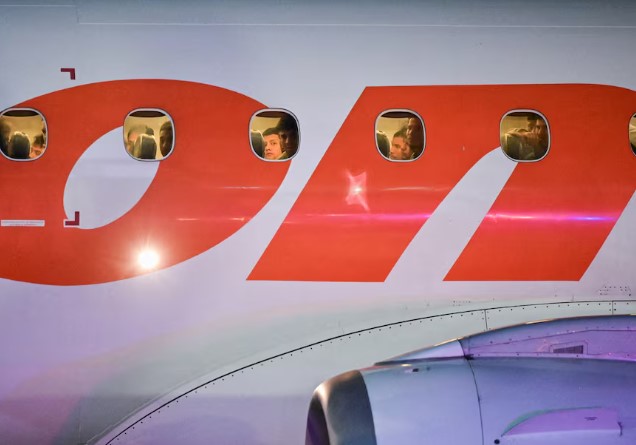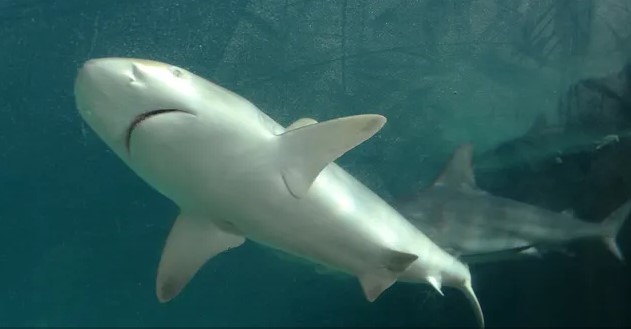On February 10, Venezuela confirmed that two planes carrying deported Venezuelan migrants from the United States were on their way back to the country. These flights mark the first deportations since a January agreement between former U.S. President Donald Trump’s administration and Venezuelan President Nicolás Maduro.
The flights, operated by Venezuelan airline Conviasa, are part of a broader effort to return thousands of Venezuelan migrants who left due to economic hardship. According to the Venezuelan government, many fled because of U.S. sanctions and what they call “psychological warfare” against the country.
Venezuelan authorities stated that some of the deported individuals have suspected links to the Tren de Aragua gang, a criminal organization. The government promised thorough investigations into their activities and any possible connections to illegal operations.
The agreement between Trump’s administration and Maduro was discussed during a meeting in Caracas on January 31. Trump’s envoy, Richard Grenell, met with Maduro to talk about issues such as migration and sanctions. As part of the deal, Grenell secured the release of six Americans who had been detained by Venezuelan authorities.
Trump’s administration has emphasized its commitment to deporting individuals linked to Tren de Aragua. Following Grenell’s visit, Trump announced that Maduro agreed to take back all Venezuelan migrants who entered the U.S. illegally and would provide them with transportation home. The Venezuelan government has claimed that it successfully dismantled Tren de Aragua within its borders in 2023.
In addition to deportations, Trump’s administration has also taken steps to remove deportation protection from approximately 348,000 Venezuelans living in the U.S. If this policy change is implemented, these individuals could lose their work permits and face deportation as early as April.
Over the past several years, more than 7 million Venezuelans have left their homeland, seeking better opportunities as their country faces a severe economic crisis. While the Venezuelan government blames U.S. sanctions for the country’s struggles, international observers and opposition leaders argue that the government’s mismanagement and corruption are the root causes.
Maduro has faced several legal challenges from the U.S., including drug trafficking charges. Furthermore, his re-election in July, which secured him a third term, has been widely criticized as fraudulent by international groups and opposition leaders.


